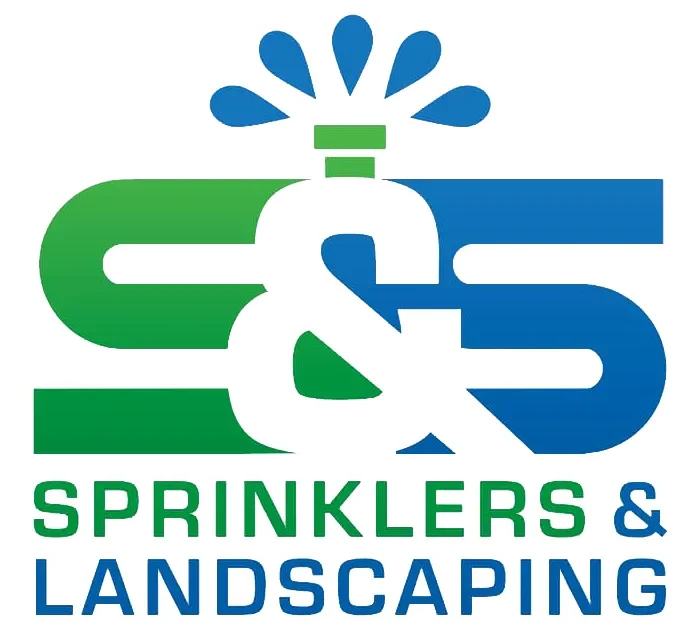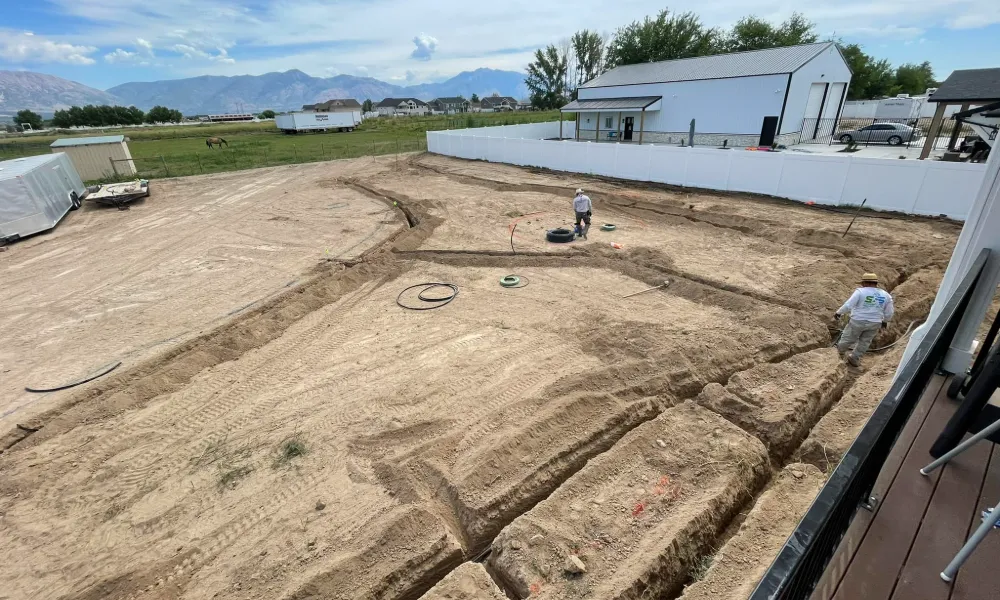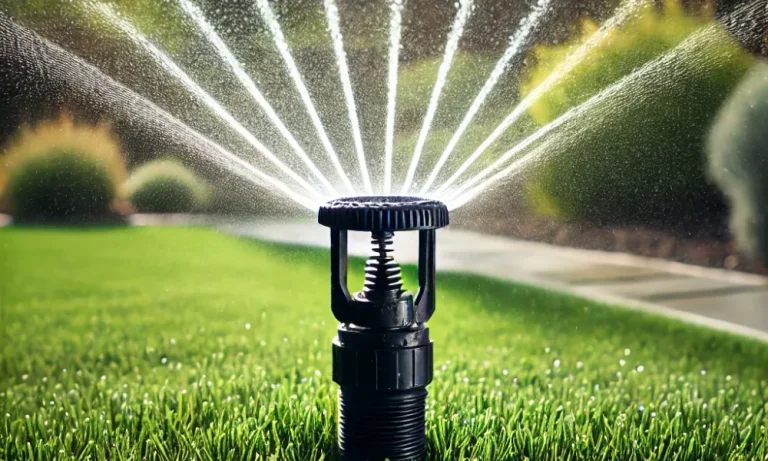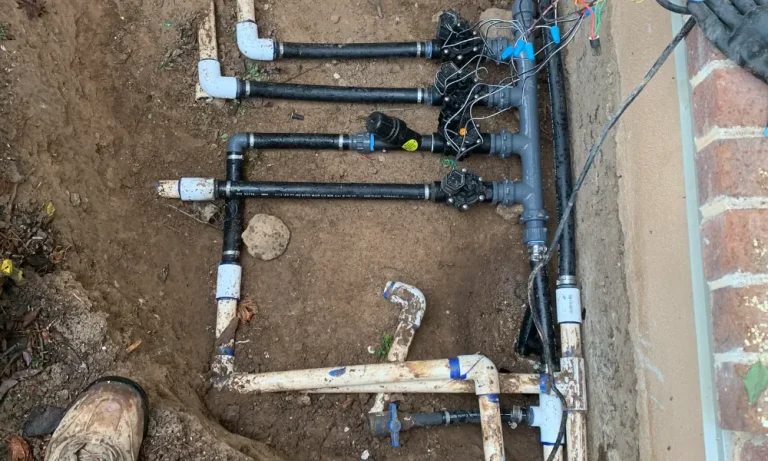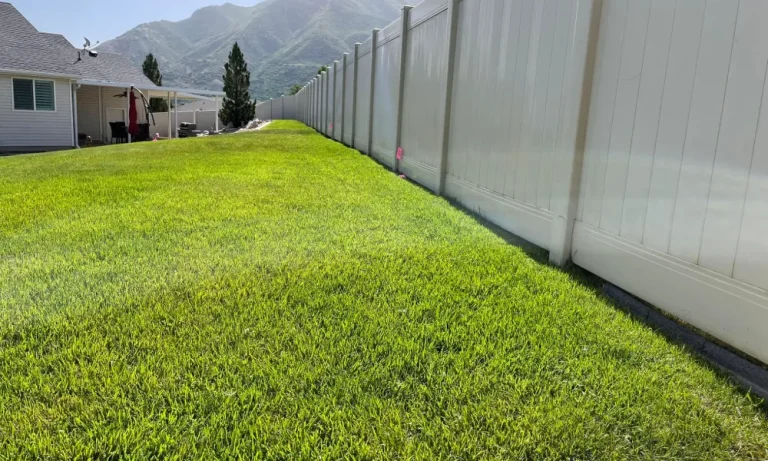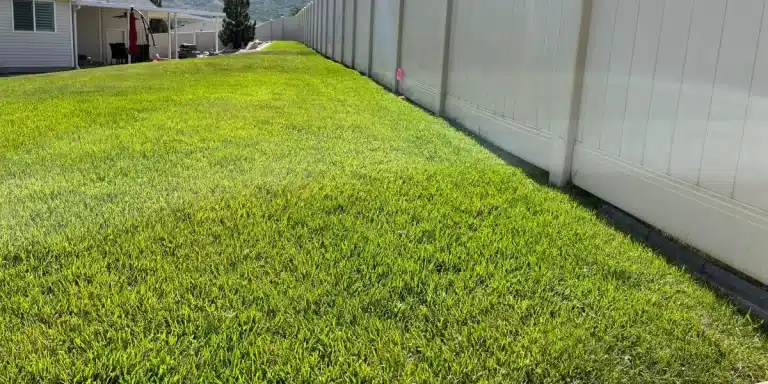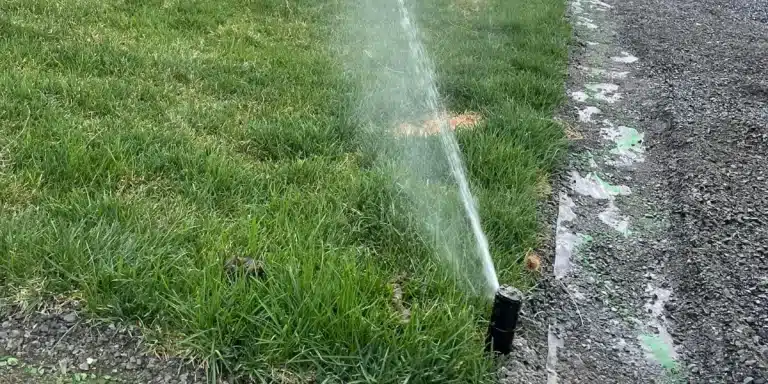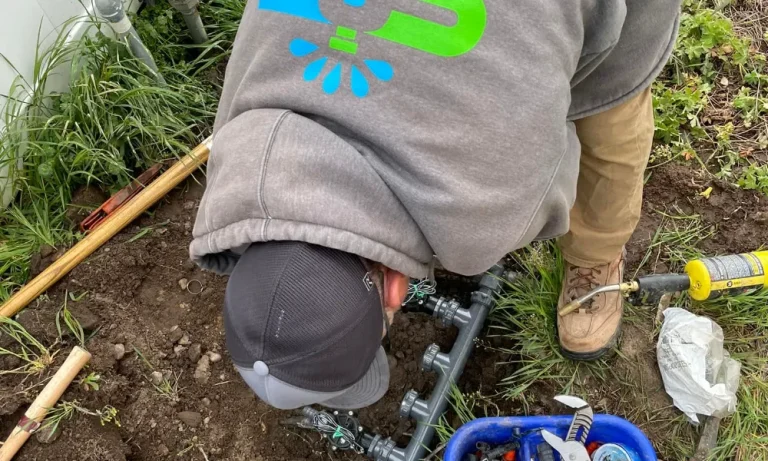What to Know About Using Well Water for Your Lawn Sprinkler System
For rural homeowners or those who rely on well water, installing a sprinkler system requires careful planning to ensure efficiency and sustainability. Unlike municipal water supplies, wells have unique limitations, such as yield capacity, pressure fluctuations, and water quality concerns. By understanding these factors and designing your system accordingly, you can keep your lawn and garden thriving while protecting your well. Here’s everything you need to know about using well water for your sprinkler system.
Understanding Your Well’s Capacity
The first step in designing a sprinkler system for well water is understanding your well’s capacity.
-
- Water Yield: Your well’s gallons per minute (GPM) output determines how much water is available for irrigation at any given time. A low-yield well may struggle to supply enough water for a large lawn without overtaxing the system.
- Pump Limitations: Your well pump has a maximum output it can handle without damage. Exceeding this capacity during irrigation can lead to pump failure or inconsistent water delivery.
- Recovery Rate: This refers to how quickly your well refills after water is drawn. If your well has a slow recovery rate, it’s important to design a sprinkler system that doesn’t deplete it faster than it can replenish.
Choosing the Right Sprinkler System for Well Water
When working with well water, choosing the right type of sprinkler system is essential. Modern, water-efficient systems are particularly well-suited for wells.
-
- Drip Irrigation: Drip systems deliver water directly to the roots of plants, minimizing evaporation and runoff. This is ideal for garden beds, shrubs, and trees.
- Rotary Nozzles: These heads distribute water in slow, controlled streams, reducing runoff and allowing the soil to absorb water effectively.
- Pressure-Regulated Heads: These help maintain consistent flow and prevent pressure drops from impacting your sprinkler performance.
- Smart Irrigation Controllers: These controllers adjust watering schedules based on weather data, soil moisture, and plant needs, ensuring your system uses only the water it requires.
Adjusting for Fluctuating Pressure
Well water systems often experience inconsistent pressure, which can affect sprinkler performance.
-
- Pressure Regulators: Installing a pressure regulator ensures a steady flow of water to your sprinkler heads, improving efficiency and preventing damage to your system.
- Booster Pumps: If your well pressure is consistently too low, adding a booster pump can help maintain adequate water flow for irrigation.
These adjustments can make a significant difference in the reliability of your sprinkler system.
Incorporating a Holding Tank or Reservoir
A holding tank or water reservoir can be a game-changer for homeowners relying on well water.
-
- How It Works: The well fills the holding tank over time, and the sprinkler system draws water from the tank during irrigation.
- Benefits: This prevents the well from being overburdened during watering cycles, ensuring consistent pressure and flow.
- Added Flexibility: A holding tank allows you to water your lawn even during times of low well recovery, making it an excellent option for properties with low-yield wells.
Preventing System Overload
One of the most important considerations when using well water is preventing the system from overloading.
-
- Zoning the System: Dividing your sprinkler system into zones ensures that only a portion of your lawn is watered at a time, reducing the demand on your well.
- Staggered Schedules: Programming your irrigation system to water different zones at different times gives the well ample recovery time between cycles.
These strategies help maintain a sustainable balance between water usage and your well’s capacity.
Water Quality Considerations
Water quality is another critical factor when using well water for irrigation.
-
- Minerals and Sediment: Well water often contains minerals or sediment that can clog sprinkler heads or damage pipes. Installing filters can protect your system and ensure smooth operation.
- Hard Water Issues: Hard water can lead to calcium or lime buildup in your sprinkler system. Using a water softener can mitigate these effects and prolong the life of your equipment.
- Contaminants: Regular testing of your well water ensures it’s safe for use and helps identify any additional filtration needs.
The Environmental Impact of Using Well Water for Irrigation
Using well water responsibly is essential to avoid straining your local aquifer and neighboring properties.
-
- Planting Drought-Resistant Grass: Opt for grasses and plants that require less water, reducing the demand on your well.
- Xeriscaping: Incorporate drought-tolerant landscaping techniques, such as using mulch, gravel, or native plants, to conserve water.
- Water Timing: Irrigate early in the morning or late in the evening to minimize evaporation and maximize efficiency.
By implementing these practices, you can maintain a beautiful lawn while conserving water and protecting the environment.
How S&S Sprinklers & Landscaping Can Help
At S&S Sprinklers & Landscaping, we specialize in designing and installing sprinkler systems tailored to the unique needs of well water users.
-
- Well Capacity Assessments: We evaluate your well’s yield, pump capacity, and recovery rate to ensure your sprinkler system operates efficiently.
- Custom Irrigation Solutions: From drip irrigation to rotary nozzles, we design systems that maximize water efficiency without compromising performance.
- Smart Upgrades: We install smart controllers, pressure regulators, and holding tanks to optimize your system for well water use.
- Maintenance and Repairs: Our team provides ongoing support to keep your sprinkler system in top condition.
Serving homeowners throughout Davis County and Weber County, we’re dedicated to helping you achieve a thriving lawn while conserving your water resources.
Our Sprinkler Installation Service Areas In Utah
S&S Sprinklers & Landscaping proudly serves Davis County and Weber County, including:
-
- Farr West
- Marriott-Slaterville
- Ogden
- Plain City
- Pleasant View
- South Weber
- Syracuse
- Taylor
- West Haven
- West Point
If you’re in one of these areas and need professional sprinkler system design or installation, we’re here to help.
Plan Ahead for Efficient Well Water Irrigation
Designing a sprinkler system for well water requires thoughtful planning and the right tools to balance efficiency and sustainability. By understanding your well’s capacity, choosing the right equipment, and incorporating strategies like zoning and filtration, you can create a system that keeps your lawn healthy without overburdening your well.
If you’re ready to install or upgrade your sprinkler system, trust the experts at S&S Sprinklers & Landscaping. Contact us at (801) 477-8444 or fill out our online request form to schedule a consultation. Let us help you create a water-efficient irrigation system tailored to your property’s needs!
